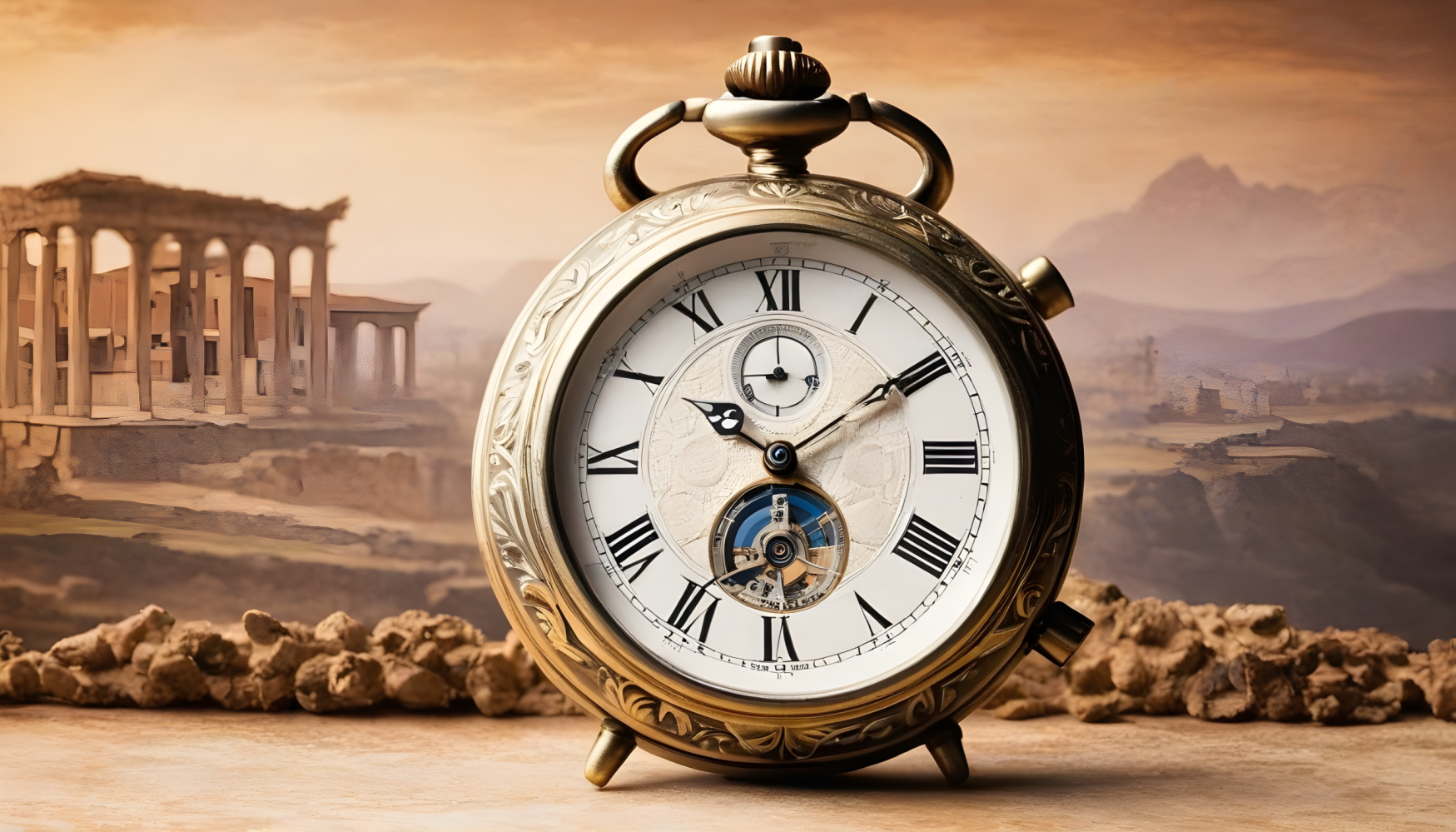
One of the most interesting pieces of watch industry news was that Breitling, via owners Partners Group, has acquired Universal Genève. For years now, enthusiasts have been quietly hoping for the return of this storied watch brand, and it looks like the coming years will see those hopes realised.
Now, of course, Georges Kern is exceptionally experienced at building and revitalising watch brands, and starting from essentially nothing is a daunting task, but we think that one of the most crucial hires for a brand like Universal Genève is for a perhaps surprising role: the historian.
Many, if not most, major watch brands have someone who fills the historian role, though the title might be different. At TAG Heuer, Nicholas Biebuyck is the 'Heritage Director', while at Cartier, Peirre Rainero is the 'Image, Style and Heritage Director'. IWC keeps it simple with David Seyfer as 'Museum Curator'. Audemars Piguet follows the same line with their Heritage and Museum Director, Sébastian Vivas.
It would be reasonable to ask why all these brands have dedicated human resources to history, and the answer is simple. The work of the brand historian is far more than maintaining the archives; they perform key roles in a range of capacities, advising on design, putting together exhibitions and working on books, sourcing historically significant pieces for the brands own collection, and plenty more. Finally, a big part of the job could broadly be categorised as marketing.
There are two separate but related facts that make the brand historian one of the most significant tools for watch marketing. First of all, huge numbers of watches are sold thanks to heritage and authenticity. The entire industry is built around the perception that watchmaking is an old-fashioned, anachronistic — but deeply authentic — art. If a watch brand has generations of tradition to lean back on, it's a huge asset, and one they're not shy about using. Take TAG Heuer, for example; today, TAG Heuer is the brand of chronographs, of motorsports and action. It's a marketing message like any other, but it s the unique skill of the historian to make that message authentic. Any watch brand can make an automotive-inspired chronograph, but TAG Heuer has archives, images and ambassadors going back decades, lending them authenticity. At TAG Heuer, Nicholas Biebuyck is the person best equipped to tell that story, which brings us to the other quirk of major watch brands.
Watch companies limit the number of people who can 'speak' on behalf of the brand in an official capacity. The CEO, maybe the head of movement design, or perhaps the creative director makes the list. You know who else typically makes the cut: the historian. As a result, it’s a surprisingly public-facing role. Read enough articles about Cartier, and quotes from Pierre Rainero will come almost as often as Cyrille Vigneron. It's a misnomer to think that brand historians only deal with the past; they're often taking an incredibly active role in articulating where the brand is going; they are amongst the most important storytellers brands have, because the story of fine timepieces in the modern era is so intertwined with heritage and tradition, brand historians are incredibly well-versed in this subject matter, and adept at contextualising the latest watches or initiatives, and fitting it into the broader narrative of the brand. It's a challenging and skilled role.
It's also a role with no clear path to entry. Some brand historians have professional training, which, paired with an interest in horology, eventually led them to the world of corporate history. Others are skilled communicators, aware of the nuances of watches; it's also not uncommon for collectors to turn their passion into a career, which, for many, must be a dream job.All of this brings us back to Universal Genève. For Universal Genève the historian is even more critical. There's a lot of love for the brand's iconic models, but they've been absent. Not one has been telling their story. There is no archive, no vault of historical models. The history is there, but there's been no one to write it. A good historian can take all these threads and elements, and weave them into a compelling tale. In this undertaking, a good brand historian will make all the difference.
How far in advance do you usually book tickets?
- Within 24h Before
- 1-3 Days Before
- 1-3 Weeks Before
- Over a Month Before

















